Today's column will address money, not investing. Investing might be construed as planting a garden. First, you must locate rich soil and consider adding nutrients such as fertilizer. Once they are sufficiently tilled into the loam you would plant your seeds, then protect the sprouts from predation. After patiently watering and weeding and watching for weeks, you might be rewarded with a bountiful crop. But how do you begin if you don't even have an area to plant, or lack seed money?
What if your problem stems, not from "what do I invest in, to get the safest return?" Or, "where might I achieve the quickest and highest gains?" Instead, your dilemma is debt? Well then, Gardener, we have a different problem to contend with. Although I doubt you would be haunting the cyber halls of financial investing sites - reading advisory pieces, looking for tips - if you lacked sufficient capital and discretionary income to begin investing in the first place, I can't make that assumption.
If your problem is debt - at a level at which it is burdensome, or even crushing - you shouldn't be here at all. Financial advisors always caution that you should never invest money you can't afford to lose. If you have credit card debt, with banks that charge exorbitant interest rates, you need to pay them off before considering speculative market trading. If you're straining your budget so tightly that you're living pay check to pay check, you need to make sure you're putting food on the table.
If your job is in jeopardy, you should first attempt to minimize unnecessary debt. Not only do you need to live frugally to save money, you ought to start building an emergency fund capable of sustaining you for three to six months without income. The most important thing you can do is to remain solvent, to continue making monthly payments on your home. If you fall behind on your payments, your delinquency could result in a default on your mortgage, and you could face foreclosure.
I hope I've impressed upon you the necessity of taking care of the basics first. Pay off your credit cards. Many banks now routinely charge 18 percent interest, and that rate is for their better customers. Some charge as much as thirty percent. This is usury in my opinion, but I don't make the laws. Consumer protection groups have lobbied Coach Congress to enact legislation limiting the banks from arbitrarily changing the rules mid-game, but the umpires won't be on the field until February 2010.
Have you calculated how much you would actually have to earn in returns to exceed the rate of interest charged on your cards? Let's consider the lower figure of eighteen percent. You are in a tax bracket which only deducts 25% of your gross wages. Your net wages from a $1000 pay check would thus be $750. In order merely to equal the 18 percent you are paying from after tax net income, you would need to earn a 22.5% return, compounded monthly. Not very likely.
So, in the real world, it's not going to happen. Before you consider investing, pay off the credit cards. Eliminate those which charge the highest interest rates first. There are debt calculators: http://www.bankrate.com/calculators/credit-cards/credit-card-payoff-calculator.aspx which inform you how long it will take to pay off a particular balance. You can console yourself about "missing out" on the stock market rebound when you realize how much you're sparing yourself in outlay on monthly interest charges.
Yes, it's tempting to consider stock market speculation, especially if your friends boast about how much money they've made in a short period. But look how much you would have to earn. Are they making those kind of returns? Also, money invested in the stock market is not always liquid; you could get into the "next sure thing" asset class, yet have to sell at the worst possible time and absorb a loss rather than attain a profit. Past performance does not guarantee future results.
Returning to our gardening analogy, I'd like to offer guidance as to how to obtain that first seed money. How do you start investing without extra income? The text that follows will be old hat for haberdashery habitués, but hopefully, hand out handy hints to hatch helpful habits. Having hard cash is not happenstance, it must be held, hidden, and hoarded from take home pay. Since the main purpose of my columns is to encourage readers to consider small entry positions into commodities, it requires the spare income to do so.
There are sites on the Internet today that can instruct you on how to budget, how to live cheaply, how to save on groceries, how to cut your expenses in just about any area. So I need not delve into those areas when they have already been addressed competently by those with more expertise than I can wield. Mary Hunt is one. From her Debt-Proof Living website, she offers free enrollment to her email subscription service called The Everyday Cheapskate, which offers tips from the author and her readers.
The mission statement of Debt-Proof Living is: "regardless of your financial situation, our mission at Debt-Proof Living is to provide hope, help and realistic solutions for those striving to be financially responsible." They propose to do this by helping you develop a plan that puts you in charge of your money, helping you design a way of life that allows you to live below your means, and teaching you a simple approach to saving, giving and paying off debt. http://www.debtproofliving.com/HowDPLWorks/WhatisDebtProofLiving/tabid/240/Default.aspx
But can modern counterparts say it any better than someone who was already spreading the gospel during the Roaring Twenties? George Clason was born in 1874, attended the University of Nebraska and served in the United States Army during the Spanish-American War. In 1926, he issued the first in a series of pamphlets on thrift and financial success, using ancient parables to make his points. His book, The Richest Man in Babylon, wove these accounts into a coherent story that carries authority as if it were a chapter of Biblical verse.
A five star review on Amazon provides this concise synopsis: 1) Start thy purse to fattening - save and invest. 2) Control thy expenditures - watch out for self serving brokers. 3) Make thy gold mutiply - use powerful investments. 4) Guard thy treasures from loss - watch out for brokers with their hot tips. 5) Make of thy dwelling a profitable investment - rental properties, your own home, but stay within your means. 6) Insure a future income - do work that you love to do. Become excellent at it. 7) Increase thy ability to earn - education never stops.
http://www.amazon.com/Richest-Man-Babylon-George-Clason/dp/0451205367/ref=sr_1_1?ie=UTF8&s=books&qid=1261259903&sr=8-1
There are other books as well - such as The Millionaire Next Door written by Dr. Thoman J. Stanley, and Dr. William D. Danko - that present similar wisdom in a modern setting. Published in 1998, this book represents a compilation of their findings gleaned from twenty years spent interviewing members of the elite millionaire club. One of their findings? Always live well below your means. As my Dad used to tell me growing up, "Son, always live well within your means, and always live well, within your means."
Another highly recommended book is Charles Givens 1995 work More Wealth Without Risk. From the back jacket cover come the following reviews: Booklist -"There is no way that an individual cannot benefit from at least several money-saving or -earning tips." Kirkus Reviews "Uncommonly sensible recommendations...Features a wealth of smart-money tips." And Self Magazine - "Finally, someone has turned investing into a simple-to-understand system."
Extraordinary steps are necessary to survive in our current environment. The vast ocean of liquidity that the FED's quantitative easing has resulted in has doubled our monetary base in a mere four months following the stock market meltdown of October 2008. Our government's fiscal policies are insane; its profligate spending obscene. It is incumbent upon each of us to save, turn that savings into investments, and wisely shepherd those resources.
You need to save and invest succesfully to stay ahead of inflation. But, as they might say in the vernacular, "you ain't seen nothin yet." If you wish to thrive - not merely survive - you need to do everything in your power to develop your education with the aim of increasing your earnings. I suggest you get started now. Because we will experience hyperinflation soon. Owning precious metals could become the only way to defend your purchasing power. That costs money. Can you read the blueprint I've supplied? It's up to you to develop your plans. Get to work.
Buy Silver. Buy Gold. Save Copper. Start Now.
Saturday, December 19, 2009
Subscribe to:
Post Comments (Atom)



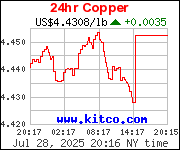


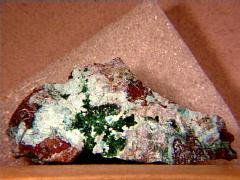

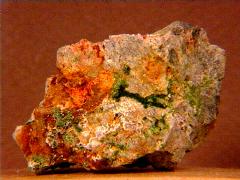
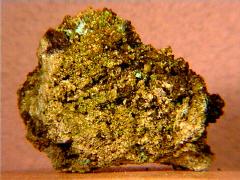
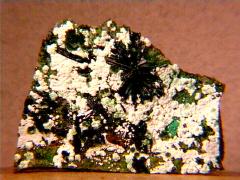

























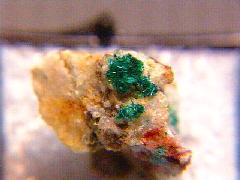









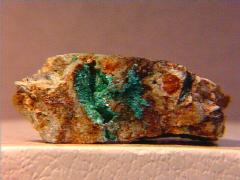

















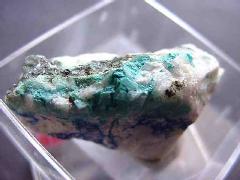



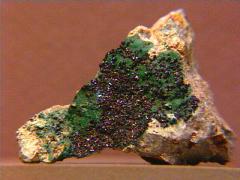


















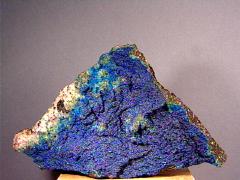








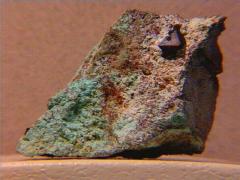











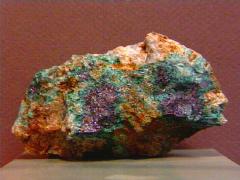










































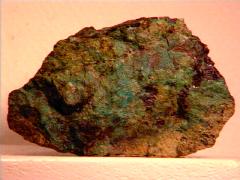

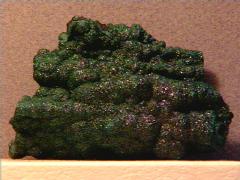




Thanks for the great post. I believe this is the first time I've seen Debt-Proof Living mentioned on a precious metals blog! Debt-Proof Living is all about developing a plan--a plan to get out of debt, a plan to live below your means, a plan to save money automatically, a plan to retire and on an on. Without a plan all you have is a dream. Best wishes for a prosperous 2010. I think you're on the right track. Mary Hunt, www.DebtProofLiving.com
ReplyDeleteThank you Mary, for your kind words. Can you tell I'm one of your Everyday Cheapskate readers? I think our mutual philosophies dovetail well, but what you teach on your site needs to be the first step.
ReplyDelete